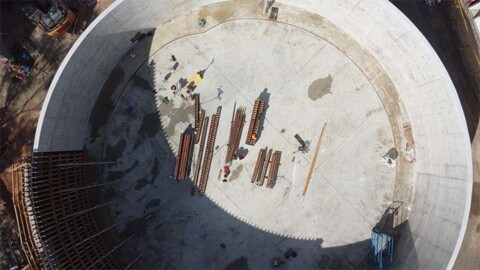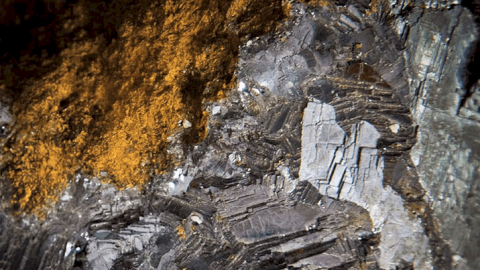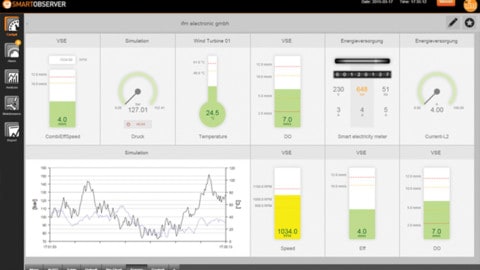The pump industry relies on expertise from a large and varied range of specialists, from experts in particular pump types to those with an intimate understanding of pump reliability; and from researchers who delve into the particulars of pump curves to experts in pump efficiency. To draw upon the wealth of expert knowledge the Australian pump industry has to offer, Pump Industry has established a panel of experts to answer all your pumping questions.
This edition of Ask an Expert will look at customised progressive cavity pumps for your wastewater and sludge treatment application.
Q: Can progressive cavity (PC) pumps handle sludge with variable dry solids content?
A: Yes, they can efficiently handle a wide variety of sludge applications with differing dry solids content due to their stable flow rates, minimal pulsation, excellent suction lift and high self-priming capabilities. They also accurately meter flocculants to aid thickening and integrate easily with control systems to maximise productivity.
PC pump manufacturers focus on offering solutions that not only operate effectively but also save you costs in the long run.
• Energy efficient: lower energy requirements
• Easy maintenance: quick and easy access to the drive side and rotor side components of the pump without dismantling the pipework
• Extended pump life: high-quality parts, predictive maintenance and pump monitoring options along with reduced wear on components
• Flexibility: installation and pump design customised to your application

A modern dewatered sludge handling pump with easy maintenance access – in this case the SEEPEX BTVE range.
Q: One of the industry’s major concerns today is reducing energy costs. Do PC pumps offer any special solutions?
A: PC pumps already reduce operating costs because of their efficient operation, but on top of that, several PC pump manufacturers have designed pumps specifically focused on energy-efficient performance. These newer technologies mean reduced maintenance time, extended service life and significantly reduced lifecycle costs.

One example of modern PCtechnology – in this case the SEEPEX SCT pump.
Q: Can PC pumps be incorporated into existing pumping systems?
A: Yes, they can work within various customer systems or be supplied as a complete solution directly from the manufacturer. There are many diverse connection options: control systems, higher-level automation systems, digital monitoring and analytic systems or with macerating, dosing and/or chopping pumps (2-in-1 system).

A state-of-the-art PC pump system with automated stator adjustment – in this case showing SEEPEX SCT AutoAdjust pump.
Q: Can PC pumps transport dewatered sludge over long distances?
A: Transporting dewatered sludge over long distances poses great challenges for WWTPs, as the high viscosity and abrasiveness of the medium results in a considerable pressure loss in the conveying line. Accordingly, expending a large amount of energy to overcome this and the high-pressure load increases wear, resulting in high maintenance costs.
A PC pump manufacturer has developed an innovative combination of PC sewage pumping and compressed air conveying resulting in a low-pressure level in the conveying pipeline. This solution extends service life and reduces investment and operating costs.

Combination of PC pump and pneumatic conveying system – in this case SEEPEX Smart Air Injection.
From primary and thickened sludge transfer to chemical dosing, progressive cavity pumps provide the best pumping solution designed specifically for your application.
This sponsored editorial is brought to you by SEEPEX Australia. For further information, contact SEEPEX at [email protected]

















